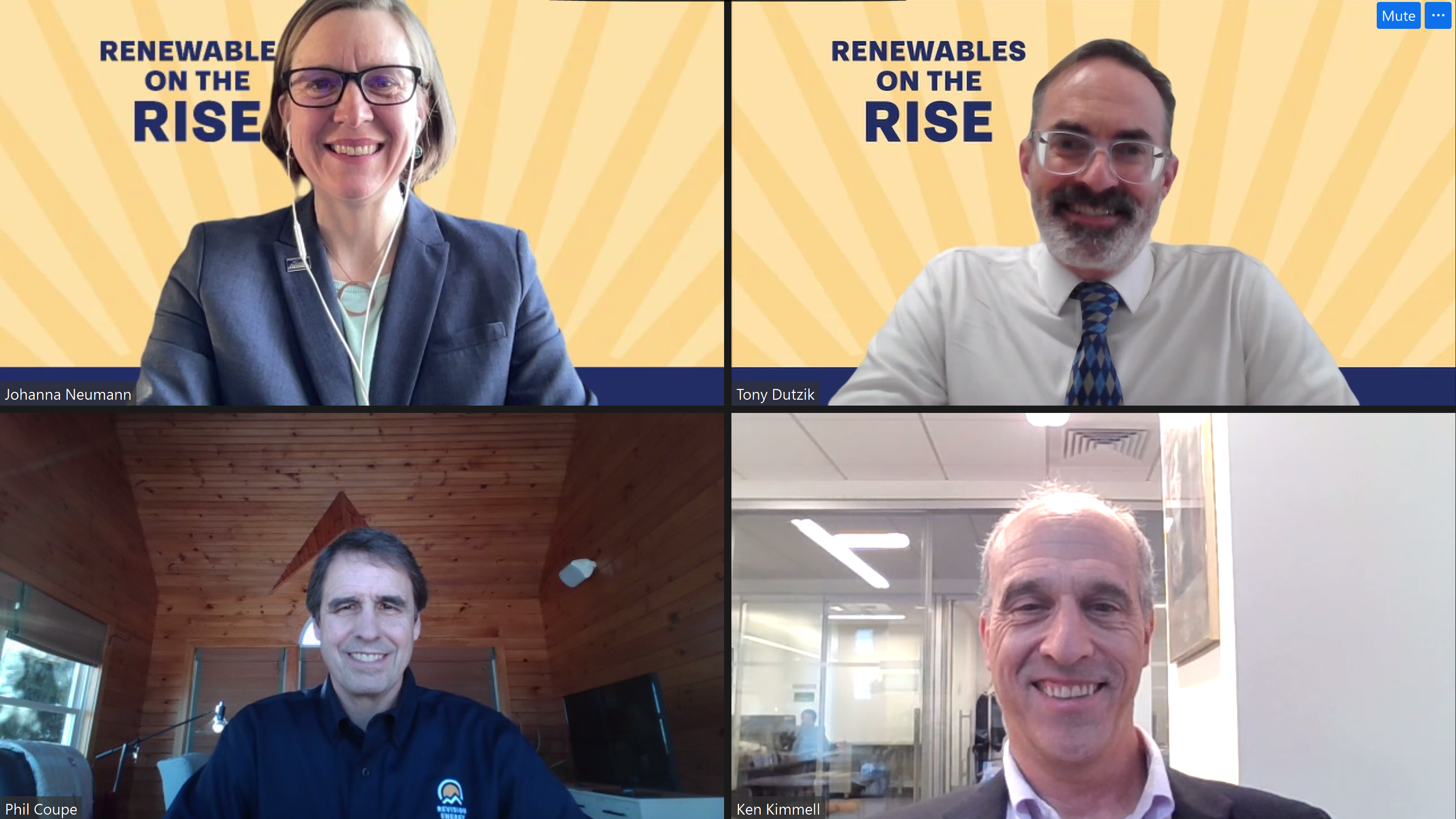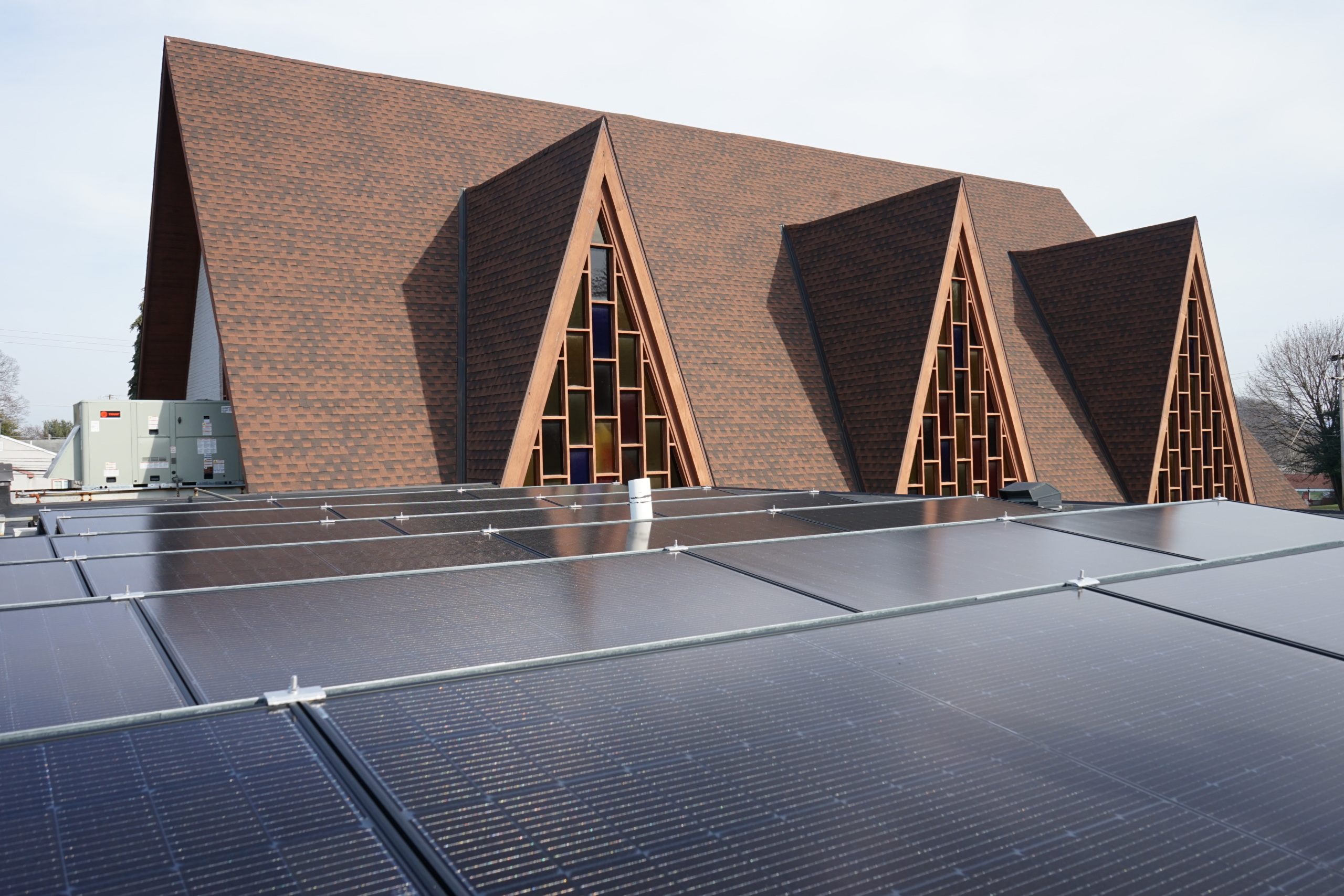
Is all computing worth doing?
Computing consumes a stunning amount of energy. How much of it is worth it?
As discussed in “Fact file: Computing is a rising source of energy demand. How will it affect our climate goals,” to pull off the transition to clean energy, we will need to rely more heavily on electricity to power transportation and buildings. Producing enough clean energy to meet all of that demand will be a challenge. We can make it easier by restraining new sources of demand, which may need to mean not only increasing energy efficiency but also a serious reckoning with what is and isn’t worth doing at all.
The more energy-intensive an activity is, the higher the bar should be to consider it a worthwhile use of energy. That standard should prompt us to start asking hard questions about the real value of energy-intensive computing activities like cryptocurrency and AI.
Crypto drains the grid, accomplishes little good
When crippling heat descended on Texas this summer, emergency room visits spiked, August wildfires started at triple the normal rate and at least 97 people died from heat-related health problems. Texans lived with grid capacity concerns daily, as skyrocketing demand for electricity pushed the state’s grid to the brink.
One sector with growing electricity demand in Texas is cryptocurrency. The state’s cheap energy and grid incentives have made it a popular location for Bitcoin miners to set up shop. Energy use for Bitcoin mining increased 75% in Texas in 2022, and grid operators warned that Bitcoin mining was poised to add another 6 gigawatts of electricity demand by mid-2023 – the equivalent of the entire electricity demand of Houston.
As grid concerns grew critical in August, the state even paid Bitcoin miners to power down their energy-guzzling operations.
There are ways to increase crypto’s energy efficiency. Ethereum, a rival to Bitcoin, significantly reduced its energy use by switching to a less energy-intensive method of production. But is even efficient crypto worth the energy?
Crypto is neither a stable investment nor a social boon. When crypto value tanked in 2022, the majority of owners lost money. Meanwhile, because cryptocurrency transactions are anonymous, largely unregulated and difficult for law enforcement to track, crypto is becoming a preferred tool for money laundering, sanction evasion, bribery, embezzlement and human and drug trafficking.
Crypto is poised to use 15 TWh more electricity this year than last, worldwide. Covering that growth with renewable energy would take up the equivalent of 6% of all the wind energy the world added last year.
In short, crypto guzzles energy without providing any social value. For the energy transition, no crypto would probably be better than efficient crypto.
We will have to expend some of our newly built clean energy on new sources of demand, but while it makes sense to do so for things that are socially valuable, doing so for something of dubious social value, at the cost of extending our dependence on fossil fuels, is illogical and absurd.
The debate about AI we should be having
Most new sources of energy demand are not that black-and-white.
AI, for instance, is a rapidly growing industry that may be worth $407 billion by 2027 and could see an annual growth rate of over 37% through 2030.
Relative to Bitcoin, the energy demand of interactive bots like ChatGPT – the most widely-recognized AI application – is small. But applications for AI are multiplying, and it is difficult to forecast what the full effect on energy demand of integrating AI into most of our habitual computing activities will be.
Unlike Bitcoin, plenty of AI applications may prove helpful to humanity: AI is helping to spot heart problems, monitor endangered animals and predict the locations and severity of food shortages. On the other hand, we shouldn’t be lulled into believing that anything powered by AI must be doing something useful; AI has also been put to work destabilizing financial markets and making social media more addictive than ever.
It will likely never be possible to say that all AI is worth the energy it takes or that all AI is not worth the energy it takes. The point is: we need to be having the conversation.
AI will only get more energy-intensive as it advances. So we must be intentional – as users, as builders, as a polity – about which applications we explore and adopt, then make those we choose as energy-efficient as possible. As the saying goes, anything worth doing is worth doing well. But not everything is worth doing.
Topics
Authors
Susan Rakov
Managing Director, Frontier Group; Senior Vice President, The Public Interest Network
Susan directs Frontier Group, the research and policy development center for The Public Interest Network. Frontier Group’s work informs the public discussion about degradations to the environment and public health, threats to consumer rights and democracy, and the available routes to a better future. Susan lives in Santa Barbara, California; she has two children, a husband, and a dog, and is an amateur singer/songwriter.
Abigail Ham
Former Policy Associate, Frontier Group
Find Out More

Key takeaways from Renewables on the Rise: Success Stories

Navigating Inflation Reduction Act Benefits as a Non-Profit

IKEA is going solar



